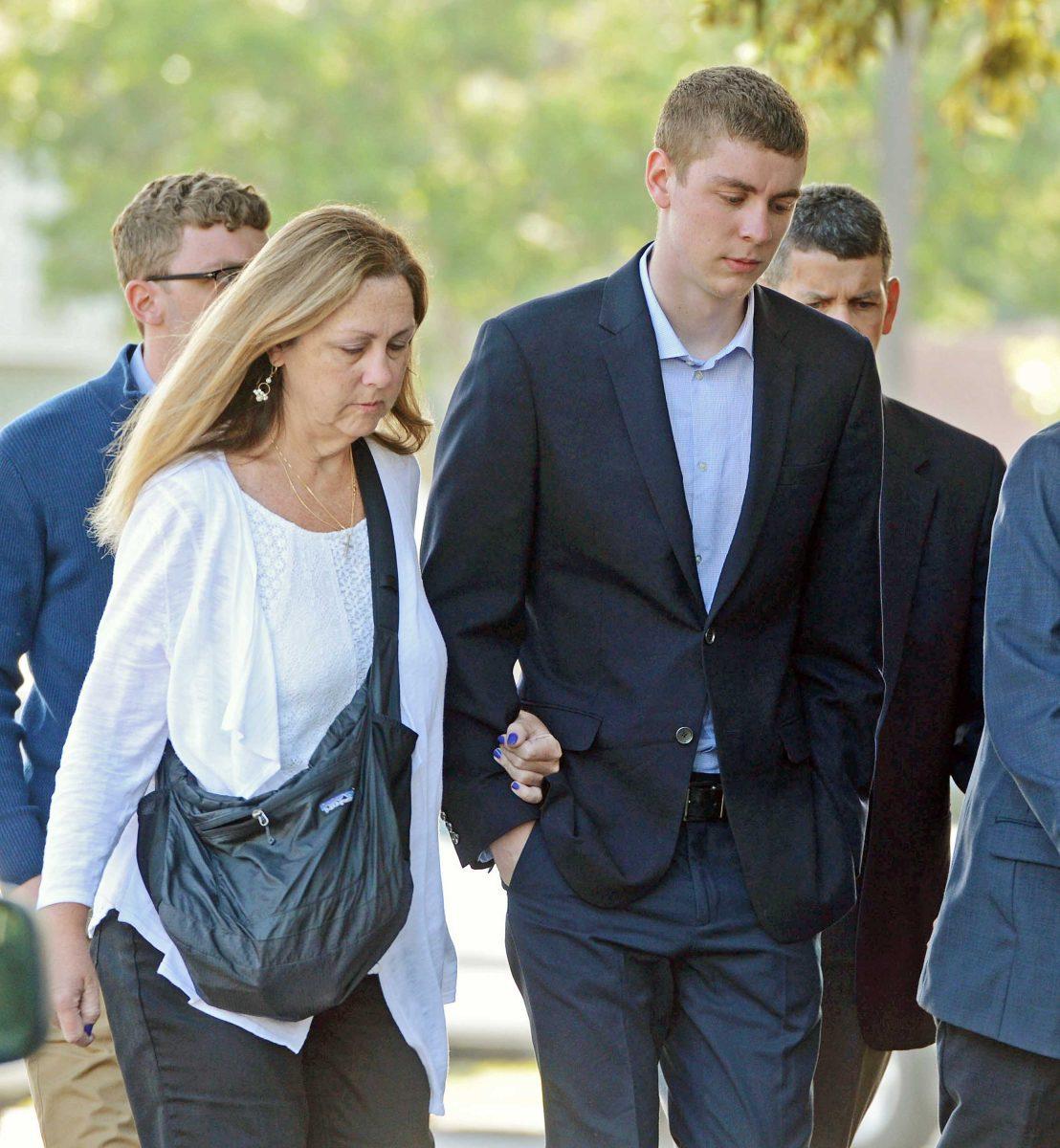We’ve seen it before — an athlete getting off easy because of their importance to a university sports team despite having committed a very serious crime. Close to home,
Mississippi State’s Jeffery Simmons was given a lenient punishment for assaulting a woman because he is a five-star recruit. Being suspended for one game, especially a non-conference game, is not justice.
In March, a video surfaced of Simmons joining in on the attack of a woman who was laying on the ground. Simmons felt obligated to get involved in the fight because of his family, despite having a clear advantage with his size. While his intent was to defend his family, there was no need for him to add to the violence that was already occurring.
Mississippi State and the Southeastern Conference have come to a decision to suspend Simmons from one game and make him attend counseling during the summer semester. They hope that the structure of the university will get him on the right track. They feel as though a 300-pound defensive lineman, who nearly knocked out a woman, isn’t a threat to students and just made a bad decision.
Suspending Simmons for one game is a slap in the face to the victim and the students of Mississippi State. Simmons has shown he is violent, especially when defending the people in his life. This can be dangerous for opposing teams. Mississippi State’s athletic department and the SEC should have given a more serious punishment.
Recently, Brock Turner, a Stanford swimmer, was convicted on three felony charges of rape and was sentenced to a measly six months in jail. The average sentence for a first time offense of rape is 10 years. This case highlights how athletes are given the long end of the stick. And just like Turner, Simmons is receiving it.
Those two cases aren’t one in the same, but how they are being handled is similar.
A three or four game suspension for Simmons would have been a better punishment, along with community service and counseling during the entire school year. This would have taught Simmons that his actions are punishable and not lessened because of his status at Mississippi State. These measures would also give him the support he might need and teach him to give back to the community that he has put fear into.
Athletes must not be given any more special treatment than they already have, especially when their “mistakes” harm others. The Athletic Departments at schools need to better understand that these athletes are real people, and not just chess pieces in their games. They should be treated as such and be given punishments just like anyone else.
Ari’yana Gibson is a 21-year-old English secondary education senior from Slidell, Louisiana.
OPINION: Student athletes should be held accountable for their actions
June 8, 2016
In this June 2, 2016 photo, Brock Turner, 20, right, makes his way into the Santa Clara Superior Courthouse in Palo Alto, Calif. The six-month jail term given to Turner, the former Stanford University swimmer who sexually assaulted an unconscious woman after both attended a fraternity party, is being decried as a token punishment. (Dan Honda/Bay Area News Group via AP) MAGS OUT NO SALES





